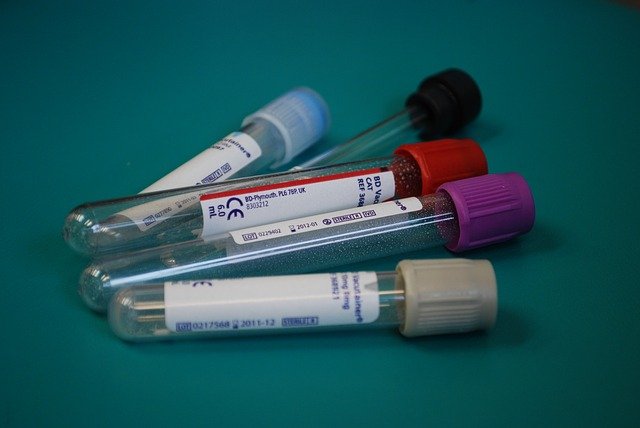
In a recent study, scientists suggest healthy people with a low risk of cardiovascular disease may still need to keep a close eye on their cholesterol.
They found healthy people with high LDL cholesterol levels are at higher risk of dying from cardiovascular disease than those with lower LDL.
Often called “bad cholesterol,” LDL contributes to fatty buildups in arteries, which can increase the risk for heart attacks, strokes, and peripheral artery disease.
In the study, the researchers examined data from 36,375 patients in the Cooper Center Longitudinal Study.
These people had no history of cardiovascular disease or diabetes and were deemed to have a low 10-year risk of developing cardiovascular disease.
The researchers followed the participants for about 27 years starting in their 30s or 40s.
They found that people with LDL levels of 160 or higher had a 70% – 90% higher risk of dying from cardiovascular disease compared to people with LDL below 100.
This means even if one has a low 10-year risk, it doesn’t eliminate the long-term risks of having high cholesterol levels and significantly poorer cardiovascular health.
This study is important because about 28.5 million Americans have total cholesterol levels of 240 or higher, which roughly corresponds to an LDL level of 160 or higher.
The finding shows a marked increase in death from cardiovascular disease and coronary heart disease at the 160 level.
The study also showed a higher risk for people with non-HDL cholesterol readings above 160.
Non-HDL levels are a person’s total cholesterol minus their HDL, the “good” type of cholesterol that helps the body get rid of some of the harmful LDL.
The study could serve as a reminder that all adults should get regular cholesterols tests no matter how old they are.
Current guidelines recommend people have their cholesterol checked every four to six years starting at age 20.
Healthy people should also follow recommendations for ideal cardiovascular health, such as not smoking, managing blood pressure and staying physically active.
Dr. Shuaib Abdullah is the study’s lead author.
The study is published in the journal Circulation.
Copyright © 2018 Knowridge Science Report. All rights reserved.
Source: American Heart Association.



